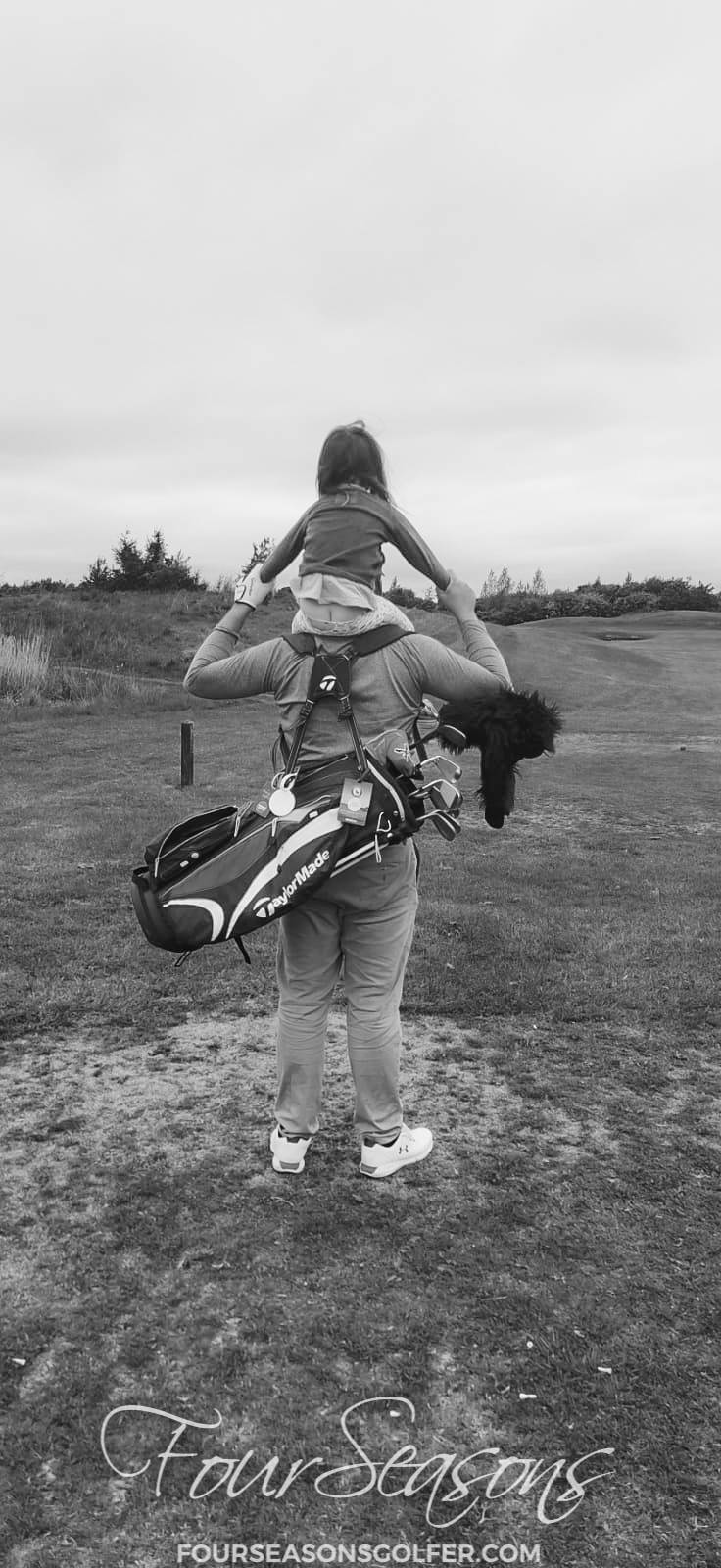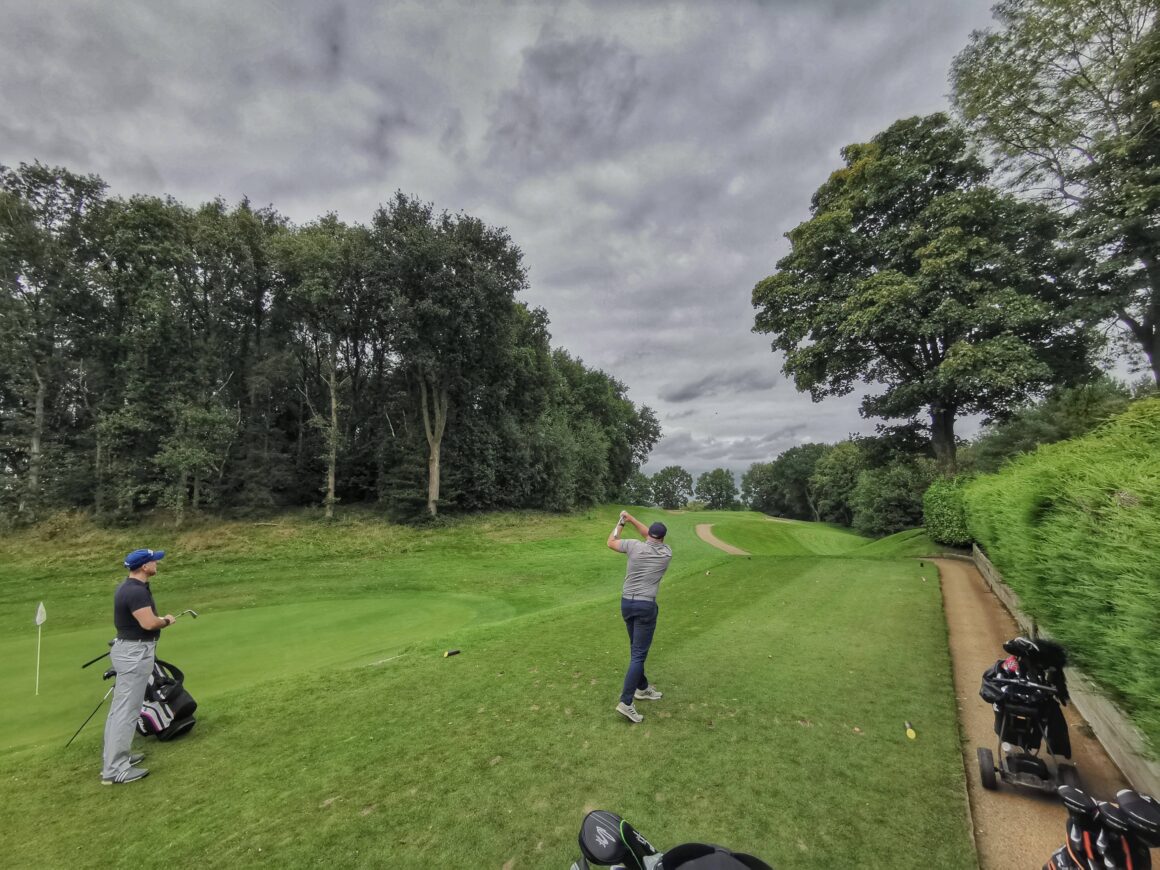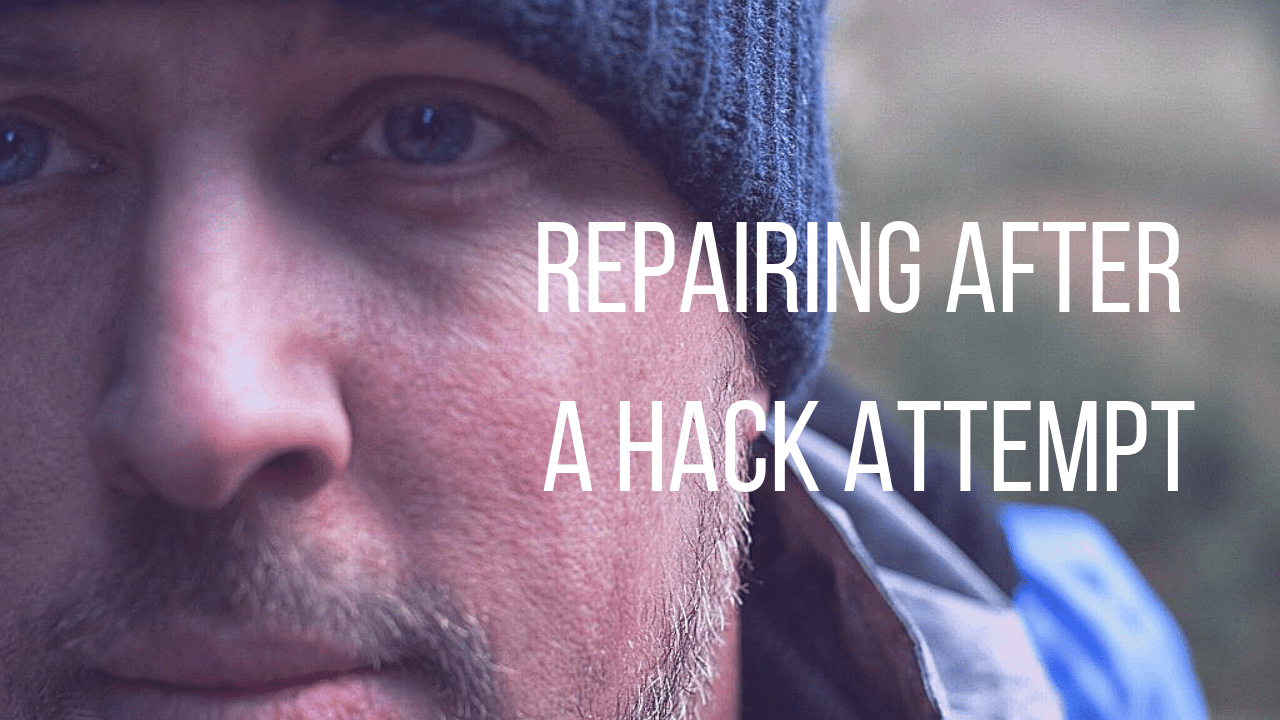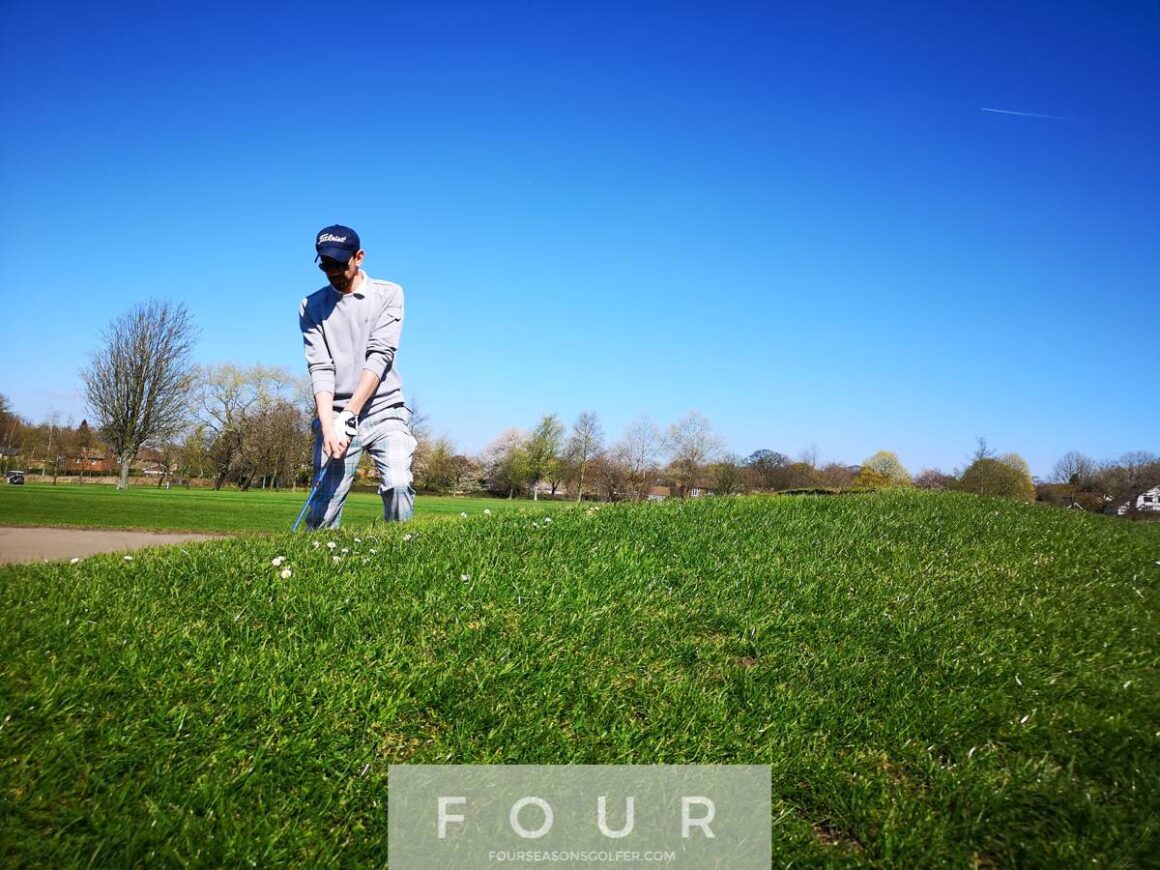I’m not taking credit the article that Business Insider wrote for MSN but I found some really interesting points and there’s quite a few that I don’t agree on as a recruitment manager and interviewer.
If you’re a parent looking to get back into work or can’t stand where you work anymore it’s not easy. So hopefully my honest views will allay any fears and give you a much needed advantage. Good luck and I’m really interested to hear your views on them in the comments below.
1. The time of your interview – Apparently, 10:30 a.m. on a Tuesday is the best time for you to schedule an interview.
Anything but a Monday, around lunchtime or a Friday afternoon. Not sure about you but I have a routine and while I can be flexible, with so much to do scheduling more time out to spend with candidates is better than rushing.
2. The weather on the day of your interview –
I’ll agree with that there’s nothing worse than conducting interviews with wet CVs from a bus journey, or someone who’s damp and soggy. Try to pick a sunny day, we all love the sun right!
3. How early you arrive – You may think it’ll look good if you arrive early — but if you’re excessively early, you could be hurting your chances.
In a world where you can do more in less time, preparing for an interview sometimes becomes a task pushed back to 5 minutes prior to the interview time. There’s nothing worse than preparing while the candidate is waiting.
4. Whether your rival also interviews on the same day –
As an interviewer, it’s powerful to have the last two interview next to each other as we can make comparisons and benchmark abilities. From a candidate’s point of view, try to leave some space so you can stand our as a sole candidate.
5. Whether you feel powerful – It’s not only about being competent and confident, but it’s also about whether you feel powerful.
Love a confident but not cocky candidate. There’s something about someone who just knows they’re the right person for the job.
6. What you do while waiting in the lobby –
They say that drinking coffee is a bad first impression and I wouldn’t say it was bad but while you’re in the waiting room or reception, would you rather spend that time going through your CV or asking internal staff about the company? Just saying.
7. How you treat the receptionist –
I will ask everyone that interacted with you on your interview day their views. While it won’t make a decision, it can certainly help when we have two candidates on an equal footing.
8. Your handshake –
Confident and bold but not bone breaking please. See point 5.
9. If you accept the offered coffee –
They say accepting coffee is a bad thing but in industries that are driven by caffeine induced workforce I don’t agree! Go for it, double shot it up as long as you’re not shaking.
10. Whether you’re a little narcissistic –
I don’t like this word but I do for what it stands for. Appreciate yourself and sell your benefits. You’re at the interview because you’ve been deemed good enough and are there to sell yourself. Go to town!
11. The colour of your clothing –
Express yourself subtly. No body wants to be known as the orange shirt guy and in a business that invests so much in training, a risk adverse candidate who wears blue or black is more appealing.
12. Whether you glance at your watch or phone –
As an interviewer I need to ensure we’re on time so I’ll look at my clock. Candidate experience is important and just like you didn’t want to wait for your interview, the next one doesn’t. That doesn’t mean that you need to be checking your phone or the time.
13. Sitting before you’re asked to –
This is a respect thing and I think if you’re confident and engaged this doesn’t really matter. Who doesn’t invite someone to sit down as soon as they see the seat.
14. Tailoring your answers based on the interviewer’s age –
I can see this as becoming very patronising and ageist as you’ll need to make a judgement. Your answers should be about you and slang terms shouldn’t be used anyway. Moot point.
15. The way you make eye contact in a panel interview –
When in a panel interview the decision maker is generally not the one asking questions. Don’t focus on one person too much and spread questions out, get everyone involved as they’re all there for a reason.
16. Your posture –
Nobody likes a slouch!
17. What you do with your hands –
If you’ve got nervous hands, chances are you’re nervous or struggling to make up answers we want to hear. Calm confident and open palms are a good sign you’re being honest.
18. The questions you ask –
If you’re asking overview questions about the business have you really thought about us as a potential new employer properly? Are you giving up your career for a company you’ve done no research into? This is the biggest factor in deciding candidates. If they’re willing to risk joining without knowing everything there is to know about the company or role, what other risks are they willing to take?
19. Where you grew up
This is more for conversation starters. If you can pick out an accent push especially if you’ve got something interesting to say about that place.
20. How competent you seem
Tell them about things relating to the job such as networks you know about, mutual connections, platforms and systems used as well as anything compliance or industry wise. Should you’re not just a worker but eager to learn and competent.
21. The sound of your voice
I have to ensure that I sound professional and trustworthy while also exuding confidence. This isn’t just through verbal communication but it plays a big part.
22. Whether you’re smiling
Please not like a Cheshire Cat! Smile be courteous and professional. If it’s for front of house go for it. Be relevant to your role.
23. Your accent
Use it to your favour. People like personality and culture so ensure you’re telling a story about yourself. Use things like as you can probably hear I’m not from around here, I moved here in ……. Be unique.
24. Your weight
They say your weight is an issue. It think it all depends on the role. If you need to walk miles for your role each day and you’re not looking the fittest but know you can do it tell them. Get the interviewer to walk round with you.
25. Whether you have tattoos or piercings
These are completely subjective. If you’ve got a tattoo across your face with offensive writing down your arm and a devil on your ear it’s not going to fair well. If they’re non-offensive it’s not a problem for me. Your views?
26. Your body language
The amount of candidates that arrive and don’t speak. You’re there to sell yourself and I know it may feel uncomfortable, we’re sorry, but this is your opportunity to shine. Talk about things that make you passionate and get into your comfort zone.
27. How sweaty you are
Sweaty clammy palms are the worst. It can’t be helped if you’re nervous put a tissue in your pocket, ever some deodorant on your palms or try talc. Being physically sweaty unless it’s a boiling hot day is not a great first impression.
28. When you send your thank-you note
I’ve had about 1% of interviews ever send a thank you email or call. It does make a difference as long as it’s not in a begging way. Be confident and make sure we’ve got your full details at the bottom. Also if there’s any important points discussed in the interview, if you’ve got some evidence of them, send across. It could make the difference in an offer or not.
Really interested to hear your views below! If you’d like to read the full article from treat yourself here:
]]>






















Leave a Reply